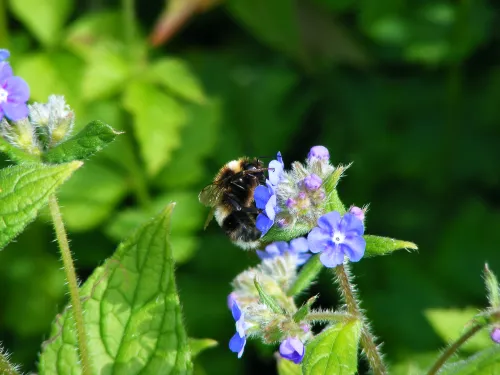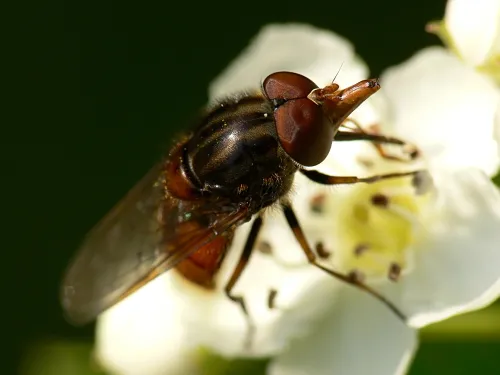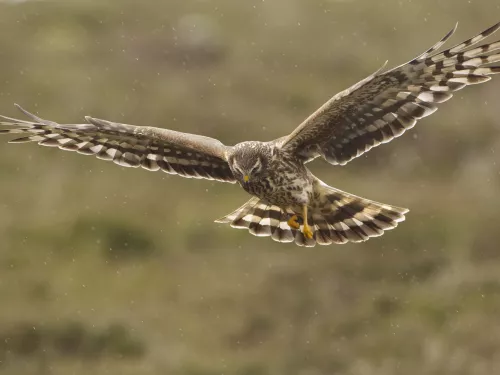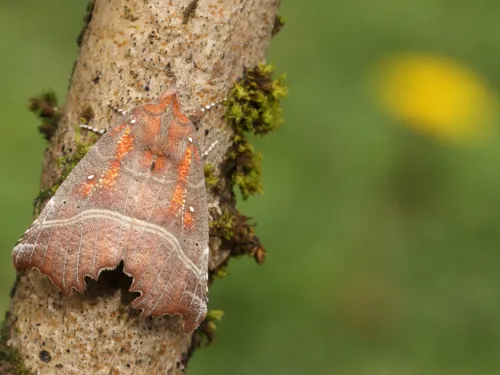
Heath bumblebee
The Heath bumblebee is not only found on heathland, but also in gardens and parks. It nests in small colonies of less than 100 workers in all kinds of spots, such as old birds' nests, mossy beds and even roofs!
Want to learn more about wildlife near you? You're in the right place, search below and discover the nature you can help protect in Kent.

The Heath bumblebee is not only found on heathland, but also in gardens and parks. It nests in small colonies of less than 100 workers in all kinds of spots, such as old birds' nests, mossy beds and even roofs!

The rare heath fritillary was on the brink of extinction in the 1970s, but conservation action turned its fortunes around. It is still confined to a small number of sites in the south of England, however.
Heather is also called 'ling'. Look for it on our heaths, moors and bogs, where its delicate, loosely arranged pink flowers attract all kinds of nectar-loving insects.
A climbing plant of woodlands, hedgerows, riverbanks and gardens, Hedge bindweed can become a pest in some places. It has large, trumpet-shaped, white flowers and arrow-shaped leaves.
Hedge mustard is a tall plant with small, yellow flowers atop tough stems. It likes disturbed ground and grows in hedgerows and roadside verges, and on waste ground.
The unpleasant, astringent smell of Hedge woundwort makes this medium-sized plant of woodlands, hedgerows and roadside verges stand out from the crowd.

A common hoverfly, the Heineken fly has a distinctively long snout that enables it to take nectar from deeper flowers, reaching the parts other hoverflies cannot reach! It frequents hedgerows, gardens and woods.

A notoriously poisonous plant, hemlock produces umbrella-like clusters of white flowers in summer. It can be found in damp places, such as ditches, riverbanks and waste ground.
Also known as 'Raspberries and Cream', Hemp-agrimony displays 'frothy' clusters of tiny, pink flowers on top of long, reddish stems. Its leaves look like those of Hemp, although it is not related.

The hen harrier has been severely persecuted for taking game species and has suffered massive declines in numbers as a result. Thankfully, conservation projects are underway to reduce conflict surrounding its controversial prey.

This unmistakable moth spends the winter as an adult, tucked away in a sheltered spot like a cave or outbuilding.
Herb-Paris has four oval leaves set in a cross, with an understated crown of yellow-green flowers rising from the middle. This makes it quite a distinctive plant of ancient and damp woodlands on chalky soils.